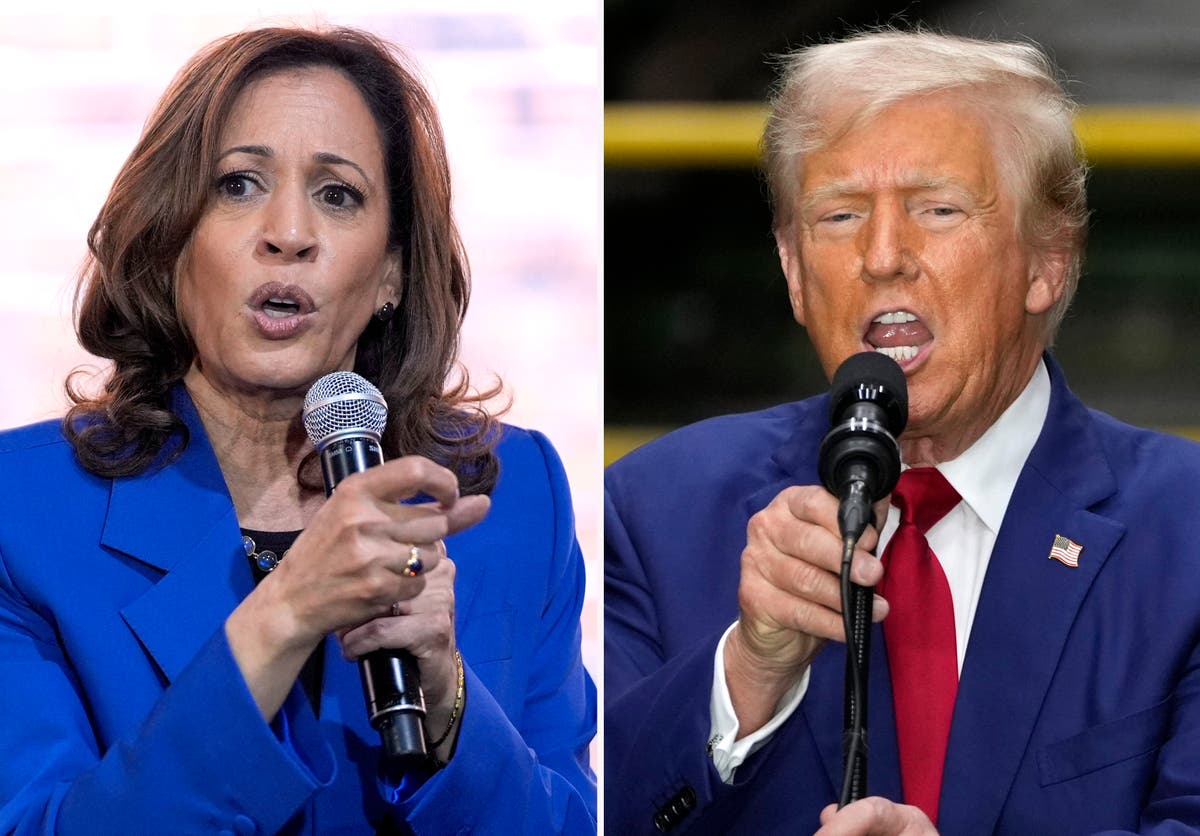Kamala Harris Calls Out Fox News for Misrepresenting Trump: A Closer Look
In a recent high-profile interview with Fox News anchor Bret Baier, Vice President Kamala Harris took a bold stance against what she characterized as the network’s deliberate misrepresentation of former President Donald Trump. This exchange has not only reignited discussions about media bias but also highlighted the ongoing tensions between political figures and news outlets in the lead-up to the 2024 presidential election.
The Interview: A Clash of Perspectives
During the interview, Harris confronted Baier on several contentious issues, including illegal immigration, the Biden administration’s policies, and the perceived threat posed by Trump. The Vice President’s assertive responses drew attention, particularly as she accused Fox News of skewing narratives to favor Trump. Harris argued that the network’s portrayal of the former president often glosses over critical facts and context, thereby misleading the public.
Harris’s comments came at a time when Trump has been vocal about his grievances with various media outlets, including Fox News, which he has accused of not sufficiently supporting him. This dynamic creates a complex landscape where political figures leverage media platforms to shape public perception while simultaneously critiquing those same platforms for bias.
Trump’s Reaction: Gloating and Deflection
In response to Harris’s interview, Trump took to his social media platform, Truth Social, to gloat. He claimed that Harris was "barely able to talk about any subject other than me" and labeled her "totally incompetent." Trump’s remarks not only reflect his characteristic bravado but also serve to deflect attention from the substantive issues raised during the interview. By focusing on Harris’s performance rather than the content of her critiques, Trump aims to undermine her credibility and shift the narrative back to himself.
This exchange underscores a broader strategy employed by Trump and his allies: to frame any criticism as an attack on his character rather than an examination of policy or governance. Such tactics are particularly effective in a polarized media environment where soundbites often overshadow nuanced discussions.
The Broader Context: Media Bias and Political Strategy
Harris’s confrontation with Baier is emblematic of a larger trend in American politics, where media outlets are often accused of bias, whether in favor of or against specific political figures. Critics argue that Fox News, in particular, has cultivated a brand that resonates with conservative audiences, leading to accusations of selective reporting and a lack of journalistic rigor.
As the 2024 election approaches, the stakes are higher than ever. With polls indicating a tight race, both parties are keenly aware of the influence media narratives can have on voter perceptions. Harris’s decision to call out Fox News may be seen as a strategic move to rally support among undecided voters who are increasingly skeptical of partisan media.
The Impact on Voter Sentiment
As Harris campaigns in crucial swing states like Wisconsin, her remarks about media representation could resonate with voters who feel disillusioned by the current political climate. By addressing the issue of media bias head-on, Harris positions herself as a candidate willing to challenge the status quo and advocate for transparency and accountability.
Moreover, her criticisms of Fox News may appeal to a broader audience that values journalistic integrity. In an era where misinformation is rampant, voters are increasingly looking for leaders who prioritize truth and clarity over sensationalism.
Conclusion: A Defining Moment in the 2024 Race
Kamala Harris’s confrontation with Fox News serves as a pivotal moment in the ongoing narrative of the 2024 presidential election. By calling out the network for its perceived misrepresentation of Trump, Harris not only highlights the challenges of navigating a polarized media landscape but also reinforces her commitment to addressing the complexities of governance and public discourse.
As the election draws nearer, the interplay between political figures and media outlets will continue to shape the narrative. Harris’s bold stance may not only influence her campaign but also set a precedent for how candidates engage with the media in an increasingly contentious political environment. The implications of this exchange will likely reverberate throughout the election cycle, making it a critical moment to watch as the race unfolds.


